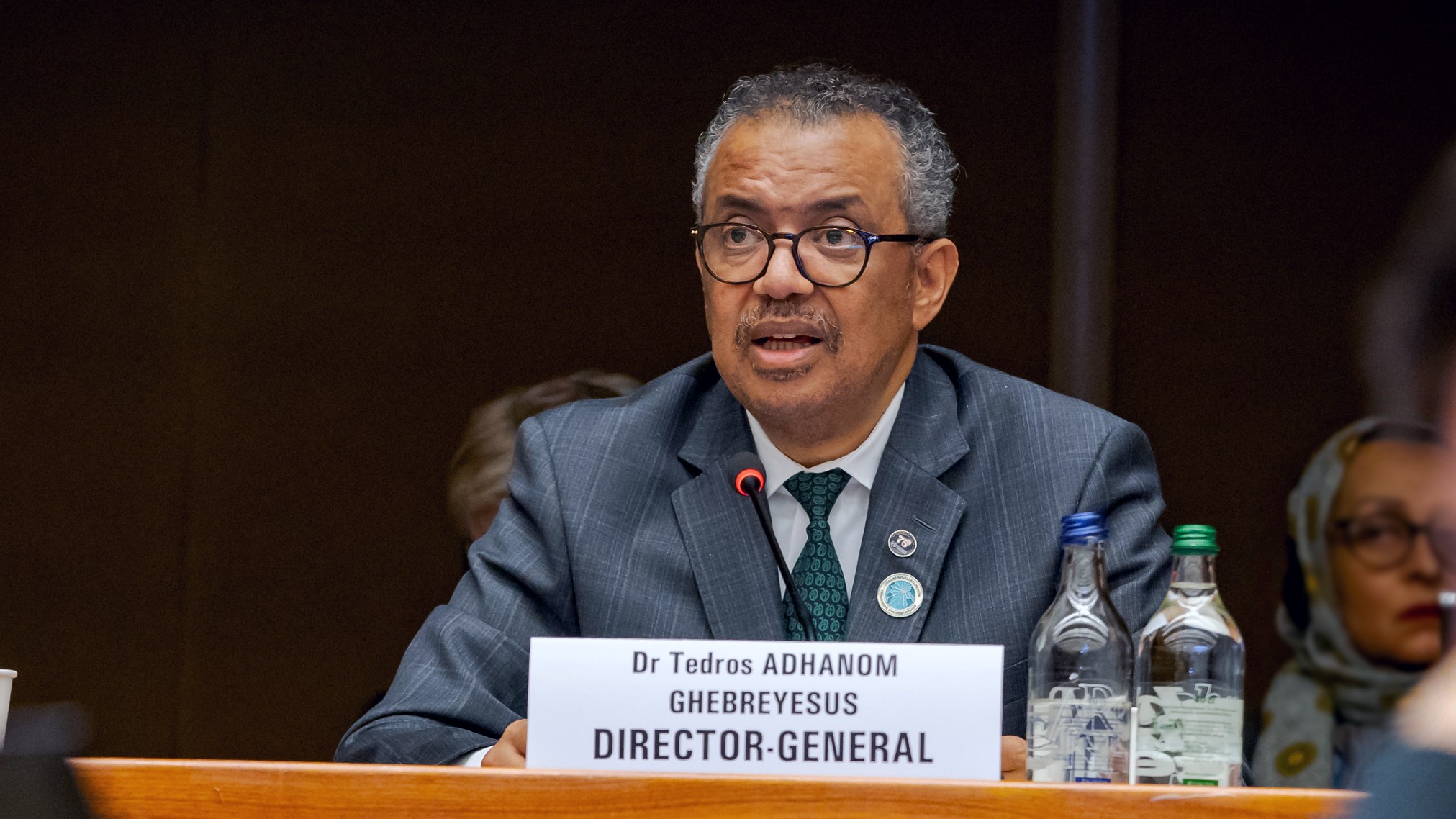On Thursday, the World Health Organization (WHO) expressed concerns about the growing neglect of health spending in low- and middle-income countries, highlighting that out-of-pocket spending remains the primary source of healthcare financing in 30 low- and lower-middle-income nations.
The WHO’s 2024 Global Health Expenditure Report revealed a decline in per capita government health spending across all income groups in 2022, following a rise during the early years of the pandemic. The report, titled “Global Spending on Health: Emerging from the Pandemic,” was released in conjunction with Universal Health Coverage (UHC) Day, celebrated annually on December 12. The theme for UHC Day 2024 centers on improving financial protection so people everywhere can access the health services they need.
However, the WHO’s latest findings underscore the persistent reliance on out-of-pocket spending in healthcare across several low- and lower-middle-income nations. In 20 of these countries, over half of total health spending is paid directly by patients, contributing to a cycle of poverty and vulnerability. This trend is not exclusive to low-income nations. Even in high-income countries, out-of-pocket expenses are causing financial strain, particularly among the poorest households. Recent health data shows that in more than a third of high-income countries, more than 20% of total health spending is paid out-of-pocket.
In response to the report, WHO Director-General Dr. Tedros Adhanom Ghebreyesus emphasized that while global access to healthcare has increased, the financial burden of healthcare services is pushing many individuals further into poverty. He stated that protecting people from the financial strain of healthcare costs is crucial to achieving health for all.
“Although access to health services has improved worldwide, the cost of using these services is pushing more people into financial hardship or poverty. Universal Health Coverage Day serves as a reminder that health for all means ensuring everyone has access to necessary healthcare without financial burden,” Dr. Ghebreyesus said.
The WHO called on governments and leaders to prioritize Universal Health Coverage (UHC) and eliminate the impoverishing effects of health-related expenses by 2030. The organization stressed the need for effective strategies to enhance financial protection in health systems, including minimizing or removing user charges for those most in need, such as people with low incomes or chronic conditions.
Additionally, WHO urged the adoption of legislation that shields individuals from devastating health costs and the establishment of health financing mechanisms through public funding to cover all citizens. The report emphasized that government health spending is critical to achieving UHC, and reducing this funding could have severe consequences. Currently, 4.5 billion people lack access to essential health services, and 2 billion people experience financial hardship due to healthcare costs.
“Public funding must account for an affordable package of essential health services, from prevention and treatment to rehabilitation and palliative care, using a primary healthcare approach,” WHO added.
The WHO’s report underscores the urgent need for governments to protect citizens from the financial risks associated with healthcare, ensuring equitable access to essential health services for all.




